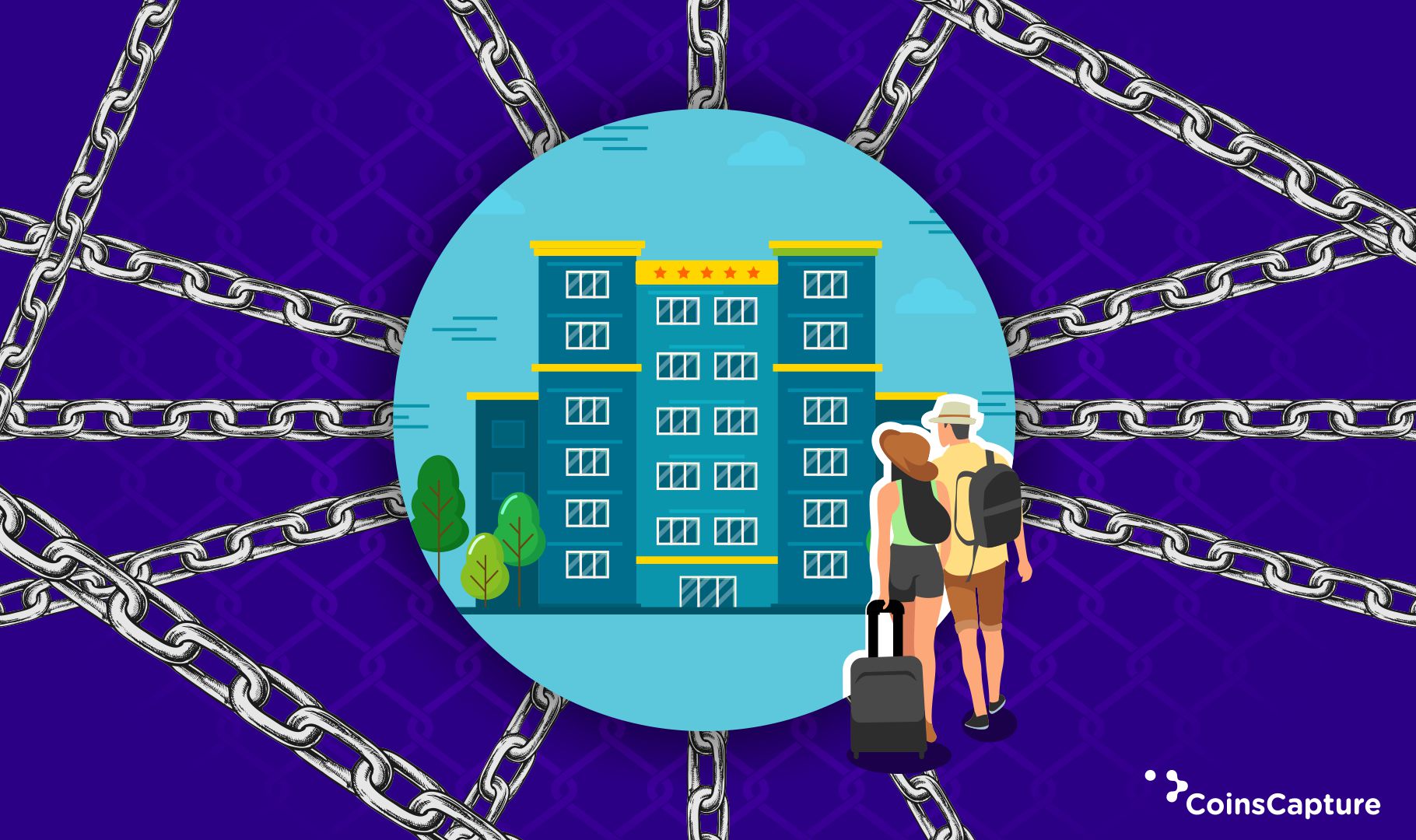7 November 2025
10 Things To Know About Blockchain For The Hotel Industry
The hotel industry has been ever-growing and changing with new technological and innovative ways to upgrade and improvise the hospitality and the backend process / or operations. To enhance its guest’s experience and in order to make it memorable, the hoteliers facilitate various services like mobile apps or chatbots, and many such services to personalize the experience of the customer.
Aloft Hotels has robot technology as a part of their hospitality.
Blockchain Technology - the moment when one hears about blockchain they immediately relate it to cryptocurrency however blockchain is a technology that can be utilized in so many industries.
So how would blockchain technology and hotel industry blend?
Blockchain technology
Blockchain is a technology that records a series of transactions also known as ledgers in the formation of blocks. The block contains an encrypted cryptographic hash and each block is verified and added by the nodes in the network while this process is called mining and the one who mines is called a miner. It is an open or public distributed ledger, it is based on decentralized consensus, encrypted, secured, transparent, any information in the blockchain cannot be altered meaning it is immutable, timestamped, traceable and the information stored in the block is permanent and forever.
Harvard Business Review states blockchain is "an open, distributed ledger that can record transactions between two parties efficiently and in a verifiable and permanent way."
Also Read, Blockchain And Business - Things You Need To Know
10 Things To Know About Blockchain For The Hotel Industry:
1. The hotel industry at present is centralized and its inventory is inaccessible meaning the ocean amount of data is majorly held by the large companies creating hurdles for the new companies or the small scale companies. In this case, blockchain technology makes the data available to everyone creating a pool of options and opportunities.
2. The data with the GDS - Global Distribution System is expensive while the use of blockchain technology makes it accessible to everyone and cost-efficient if compared, also because blockchain does not consist of intermediaries and it can help create the travel distribution data permissionless.
3. Hotel industry works with various different companies, blockchain technology can aid in accessing and storing the information securely and also help to enhance the collaboration work from anywhere and at any time in the world.
4. Blockchain technology helps eradicate the need for intermediaries which can be very beneficial to the hotel industry. It has the potential to reduce the market share of the OTA - Online Travel Agency and other intermediaries. It can help eliminate the commission payment between travel agencies and hotels.
5. The use of blockchain technology in hotel booking payments can also make the transactions easier, affordable, and cost-efficient due to the elimination of intermediaries.
6. Blockchain technology’s feature can also help avoid the unbundled rates given by the wholesalers amongst the third party and the hotelier. This would occur as any transactions or price-related data added in blockchain technology cannot be tampered, manipulated, or altered with. The features of blockchain technology can be very beneficial for the hotel industry due to its open-source of a distributed ledger.
Also Read, Tourism and Blockchain
The CEO of KeyCoin, Adelle Demko says, “We will be their technology partner and they don’t need to know a thing about blockchain,” “It will be set up on their dashboard for them.”
7. The new companies will be able to participate and create a healthy competition with the innovations and newness in the industry.
8. It not only can help change the booking or the payment process but also facilitate for loyalty programs and marketing.
9. Blockchain technology can also help hotels to keep track of their data and information with regards to operations, management, and inventory.
It can also help incorporate the ERP system to accelerate the process of paying the travel agents, vendors, suppliers, and so forth.
10. Hotel cans also use the feature of blockchain’s smart contract with the travel agencies and other companies they work with reference to contractual agreements, transaction records, and so forth.
Many companies like Winding Tree, Travala, LockTrip are launching platforms for blockchain-based booking systems.
Samantha Ahuja, an attorney with the firm Greenberg Traurig, says,
“If you look at blockchain over the last three to five years, the evolution has been fairly constant,” “The ability to process, to create, to transact has been growing. So, while it’s definitely not there today, it is on its way to mainstream usage. I think you do see it more internationally than domestically, but certainly the hospitality industry will be a beneficiary.”






